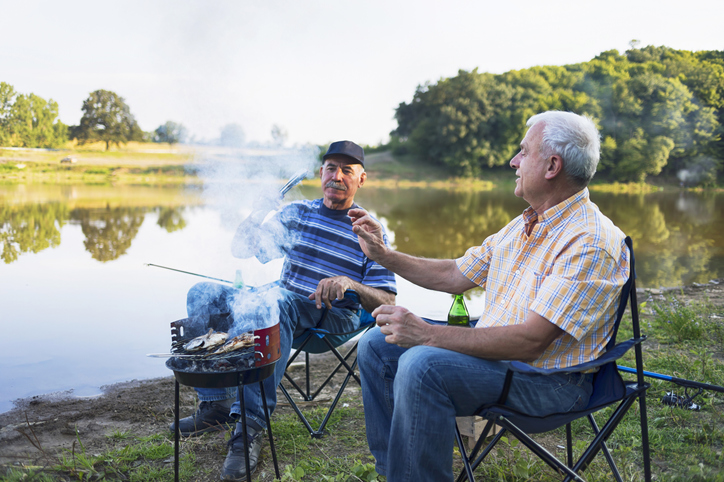As I was driving, I heard the lyrics coming across my radio, “Can I Get a Connection?” It went on “If there’s so many people here, then why am I so lonely? …Real friends, good friends, hard to find, let’s face it.” I have heard countless people echo this very sentiment.
Human beings are wired for connection. Having strong social support is a significant indicator for therapeutic growth, as well as overall resiliency in life and ability to cope with adverse life events. Having supportive people in one’s life has been shown to even positively impact healing rate of physical illness.
What is it about relationships with others that feed the soul? When you have that friend, family member, or partner, you share the mundane aspects of life as well as the deepest parts of who you are, and you also feel known and loved. We all have a desire to be heard, understood, accepted, and to experience a sense of belonging.
What gets in the way of building relationships? All too often fear stands in the way. Fear of rejection, fear that others cannot be trusted, fear of being your most authentic self, fear something may not work out, fear of loss, or perhaps fear of being vulnerable. I would also say that anyon dealing with any mental health issue, especially anxiety and depression, suffers from the “double whammy” of feeling isolated at a base level and experiencing difficulty reaching out to make new connections. That doesn’t mean you can’t do it or shouldn’t try – it may just take some extra effort.
Why is it so hard to make friends, especially as adults? During childhood there are lots of natural avenues for connection built around a shared common activity: classes, sports, music groups, and other activities. As an adult, there are fewer standardized activities; one needs to be willing to go out of her or his way and be intentional to make new friends.
Many people expect someone else to initiate. But if everyone expects that, no one will connect. You have to step outside your comfort zone to enter into another’s. It can be scary – even for the most outgoing of adults. Relationships are always an investment; it takes time and effort to build a new relationship.
So what might you do? Be proactive about building your support network. Seek out potential friends in the places you spend your time: work, your place of worship, your kids’ school, your gym. Consider engaging in some community service or another shared group activity that you might enjoy. If you go to the same coffee shop on a regular basis and you happen to see someone whom you have noticed there that looks open, be willing to strike up a conversation. It could flop, but it could also be the beginning of a really great friendship. You have to start somewhere. The risk is worth it. The benefits are endless.
If you have had difficulties engaging in healthy relationships, we can help pinpoint and problem solve some of the roadblocks that have been getting in the way. Even the interaction of building trust and communication with your therapist can serve as “practice.” You can take what you learn from your interactions with your therapist to implement them in the “real world” outside therapy walls and strengthen that supportive network of great people in your life.

